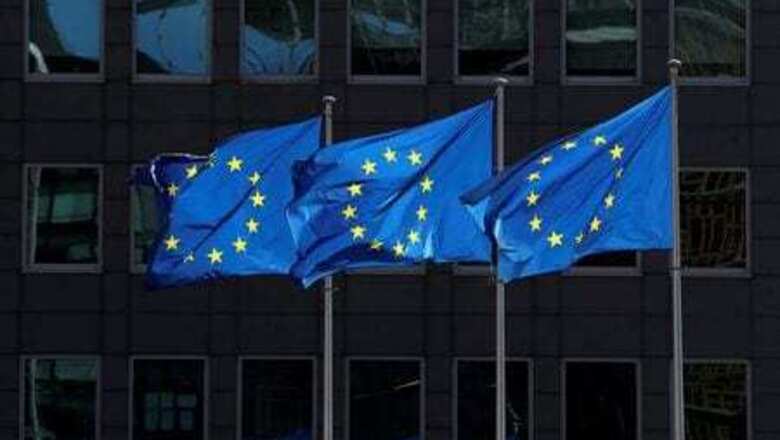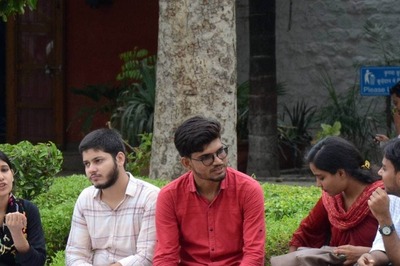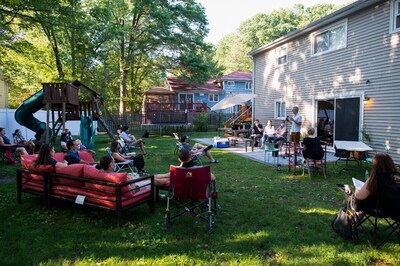
views
BRUSSELS: Europe’s creative industry has criticised the European Commission’s consultation on new EU copyright rules for departing from the original directive agreed last year and being unworkable.
The new copyright directive, which marked the first overhaul in two decades, had pitted artists and news publishers against tech companies, internet activists and consumer groups and aimed to provide fair compensation for the bloc’s $1 trillion (781.7 billion pounds) creative industries and its 11.7 million employees.
A key provision, Article 17, backed by the creative industry would require Google-owned YouTube, Facebook’s Instagram and other sharing platforms to install filters to prevent users from uploading copyrighted materials.
The platforms can be sued for making copyright-infringing content available to the public, even where it has been uploaded by their users. Critics however say filters are costly and could lead to erroneous blocking.
The Commission sought feedback from the online platforms and rights holders on how to apply Article 17, with the consultation ending on Thursday.
“In its consultation paper, the Commission is going against its original objective of providing a high level of protection for rightsholders and creators and to create a level playing field in the online Digital Single Market,” said 23 trade bodies representing publishers, music industries and film and TV producers in a joint letter to EU digital chief Thierry Breton and seen by Reuters.
Sporting event organisers, TV and radio broadcasters, distributors, photo agencies, cinema operators and Telefonica were also among signatories to the letter.
They complained that the proposals were incompatible with the original directive and unworkable.
“The proposed guidance amounts to an attempt to rewrite the Directive and amend EU copyright law without due legislative process,” the trade bodies said.
They urged the Commission to take their concerns into account when drafting its final guidance.
The Commission said it “was mindful of the letter, context and purpose of Article 17”.
It said its consultation document proposes a balanced approach on how to avoid infringing content on the platforms while safeguarding legitimate uploads by users, such as uses under an exception to copyright.
Disclaimer: This post has been auto-published from an agency feed without any modifications to the text and has not been reviewed by an editor




















Comments
0 comment